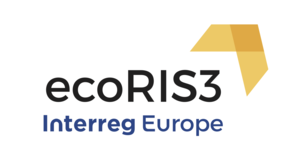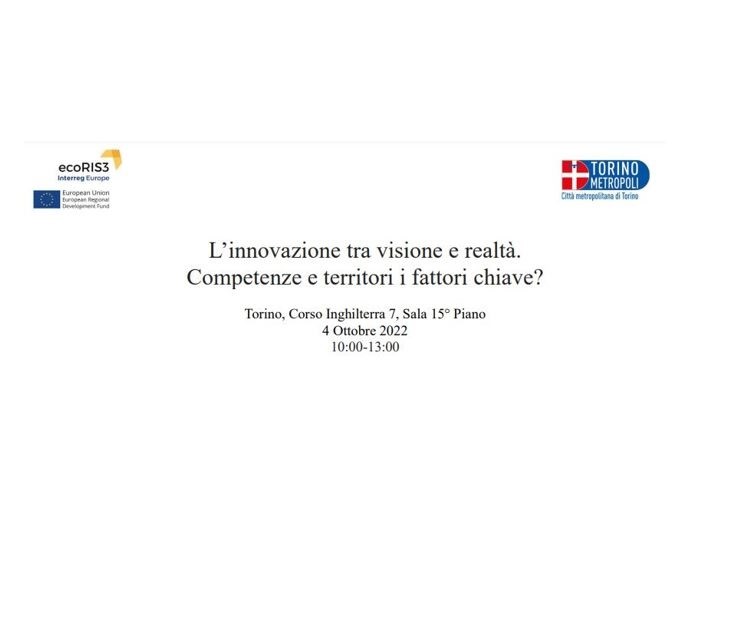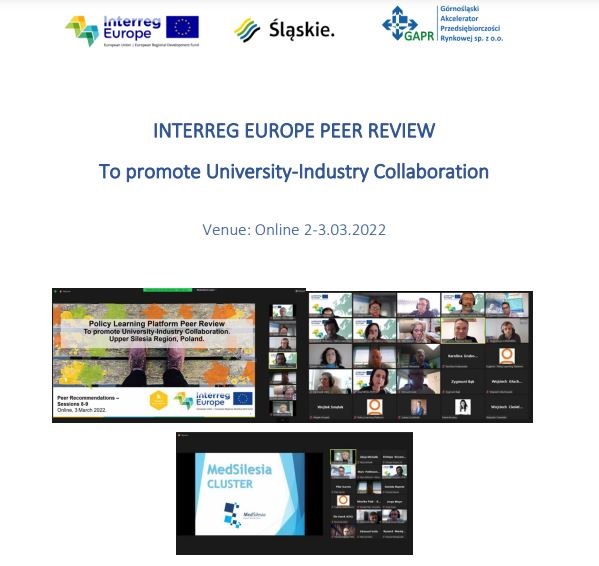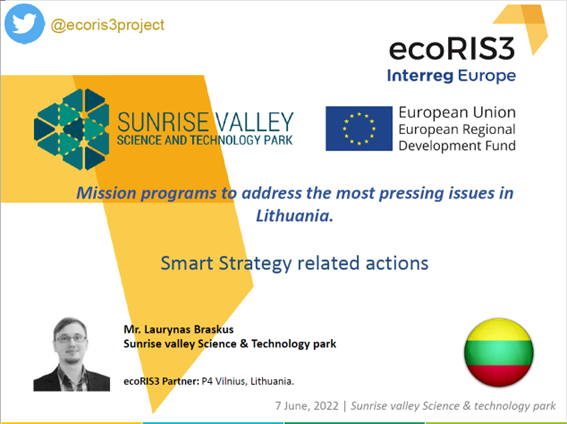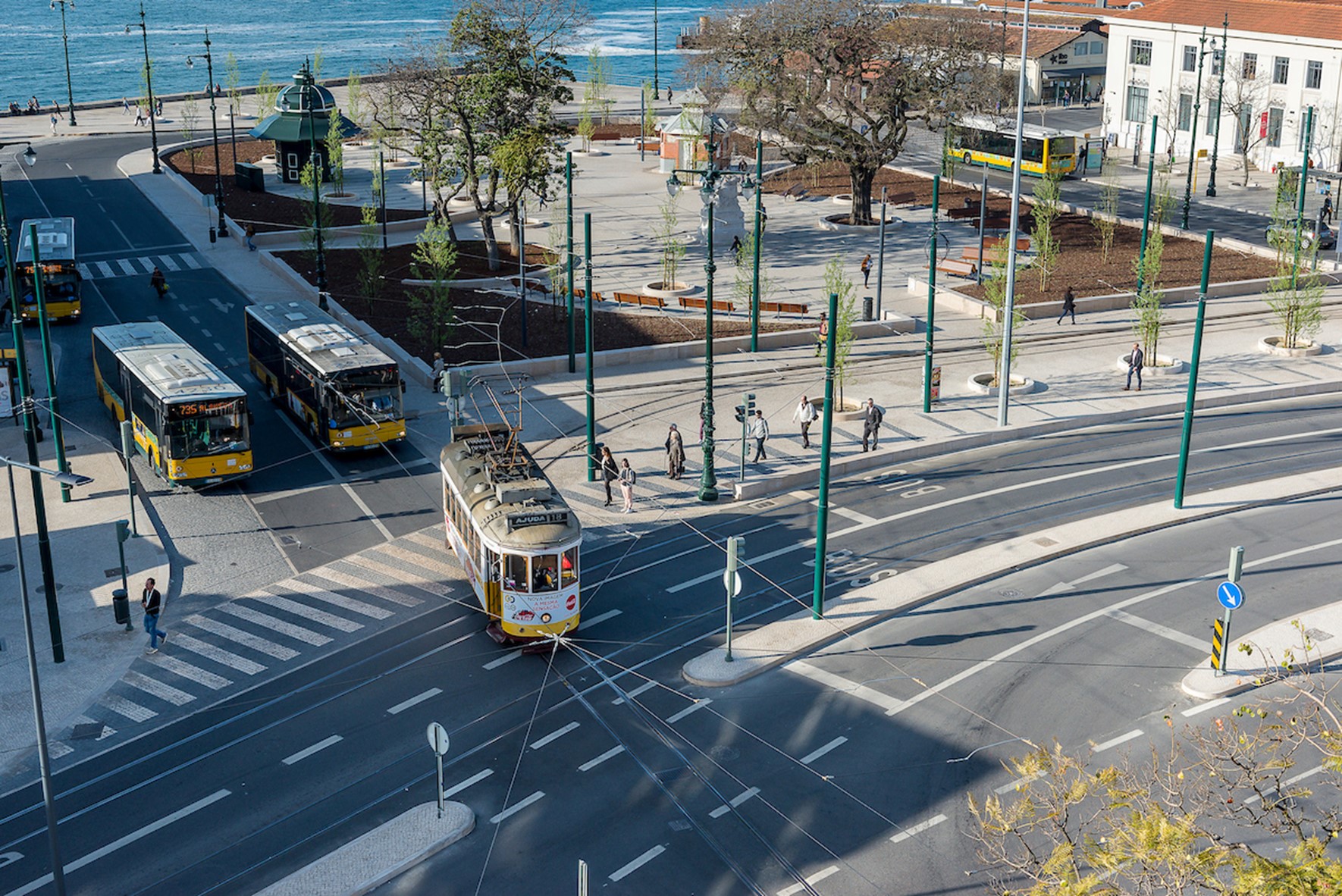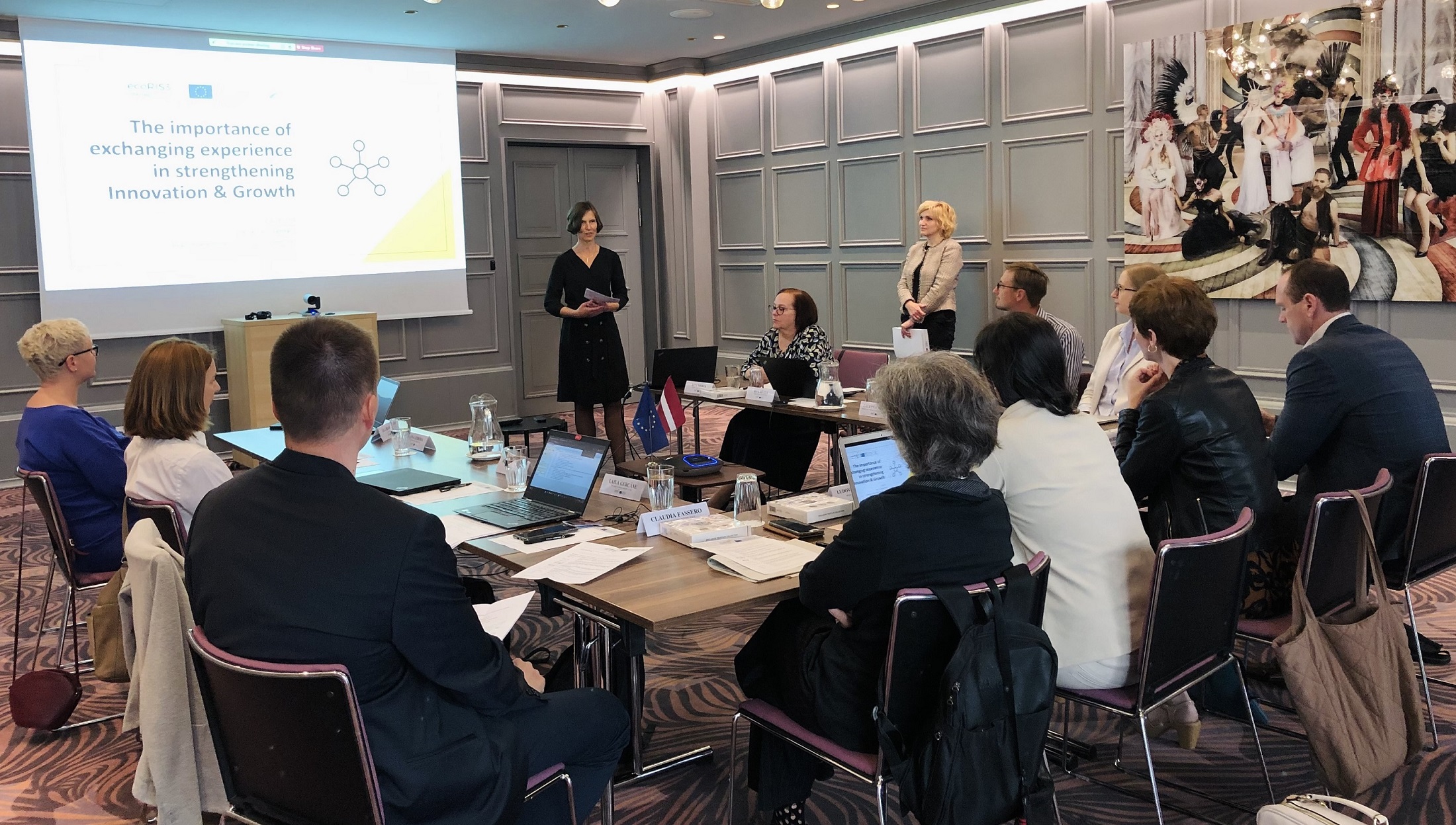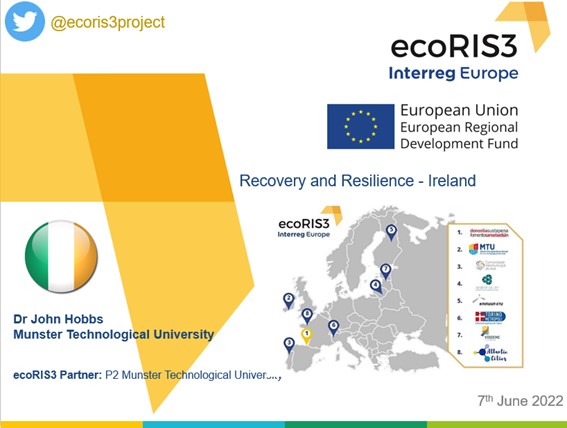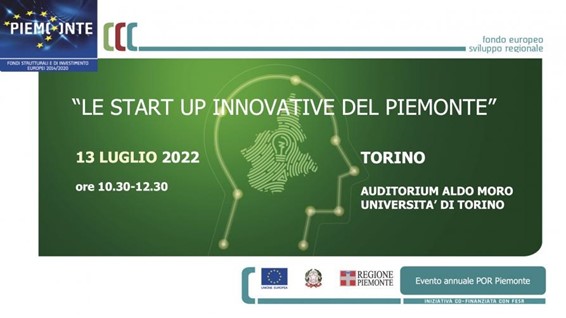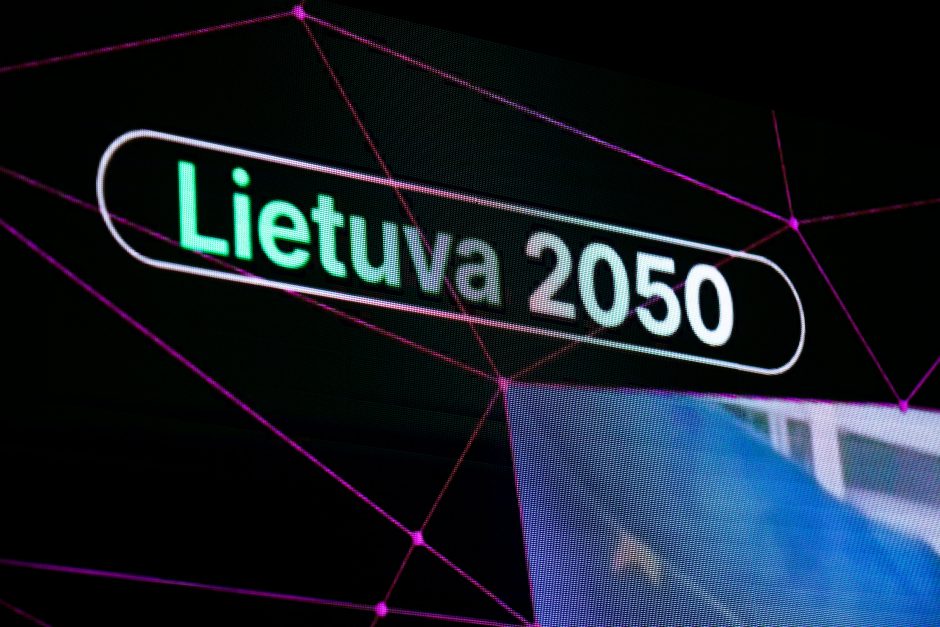Smart specialsiation strategies (RIS3) are the main innovation policy and funding guidelines of European countries. The European Commission initiated the RIS3 model in 2011, and recently published the first evaluation results. Last year, the Lithuanian Research and Higher Education Monitoring and Analysis Centre (MOSTA) published a positive report, on Lithuania‘s RIS3 progress, however, expected targets werent reached. In this context priorities are being realigned to target direct investments into areas where Lithuania demonstrates the potential for higher added value. An alternative way of accelerating regional development is to use proven models that have made it possible to achieve desired results in other countries. The Interreg Europe program provides such opportunities to learn from other countries' experiences and apply successful international practices in the local context.
The Interreg Europe ecoRIS3 project - Policies & Measures to Support Local & Regional Innovation Ecosystems. Is a combined team of European partners seeking to identify 64 good practices across seven partner countries, top demonstrate how higher education, public authorities, society and business contribute to the implementation of RIS3. Each participating country will prepare recommendations for their national/regional Operational Programme, to contribute to the effectiveness of RIS3 implementation across Europe.
The SWOT analysis carried out as part of ecoRIS3 highlights that Lithuania in particular lacks society contribution to the implementation of the Smart Specialization Strategy. This conclusion was confirmed by MOSTA Smart Specialization Progress Report (2017). Where breakthrough innovation and educational technologies - priorities for the "Inclusive and creative society" - fall under the least critical priorities (based on the level of guaranteed funding) for R&D&I.
Sunrise Valley Science and Technology Park, the Lithuanian ecoRIS3 partner, gathers stakeholders for discussions and inputs on a quarterly basis. Representatives of the Ministry of Education and Science, the Ministry of Economy, Vilnius University, Vilnius Gediminas Technical University, Lithuanian Innovation Center, Lasers and Engineering Technologies Cluster all participate. During the meetings, partners' experience of RIS3 implementation is discussed and good practises identified. ecoRIS3 working group meetings in Portugal and Ireland, held in 2017, international partners appreciated Lithuania's experience in supporting the country's Smart Specialization Strategy and the Pre-Commercial Procurement Measure administered by the Ministry of Economy.

Image: The ecoRIS3 consortium in Cork, Ireland - November 2017
In terms of Higher Education supporting the implementation of RIS3 the Vilnius Gediminas Technical University Center for Creativity and Innovation - Linkmenų Fabrikas and the Lithuanian Open Access Centers were introduced in November 2017 at the ecoRIS3 consortium meeting took place at Tyndall National Institute (Ireland). Tyndall (founded in 2004) has invested €200 million into infrastructure, runs 5 specialised centers and employs close to 500, making itself one of the most important players in the field of ICT research in Europe. It is forecasted that by the year 2025, the market for senors will be €1 trillion and €17 trillion for the Internet of Things.
Conducting the review of Smart Specialization Priorities in Lithuania and their potential to contribute to the implementation of strategic goals was assessed in accordance with 2 criteria: the determination of business to invest into R&D and the critical mass of public investments. To this end, the number of applications and the budget for the financed projects was analyzed as per EU Structural Funds measure "Intelektas LT". Priority "Advanced electronic content, technology for developing it and information interaction", covering the above-mentioned information and communication technologies, falls among the five smart specialization priorities identified as having the highest potential (Source: Smart Specialization Progress Report 2017). However, these topics are losing ground in R&D related Horizon 2020 program projects in Lithuania, indicating the lack of internationalization and the resulting implications. Participation in the Horizon 2020 program projects would ensure that best practices are taken up in the field of R&D, helping innovative businesses to penetrate international markets.
The next period of the Smart Specialization requires a review of not only the priorities, but also the methodology for monitoring and assessment of achievements. As discussed during ecoRIS3 stakeholder meetings, in the context of industry transformation, digitization and talent education, information and communication technologies and an inclusive and creative society should become a horizontal priority.
